BURO, our institutional repository, shares its content with IRUS-UK, a national aggregation service, which contains details of all content downloaded from UK participating Institutional Repositories. The aim is to provide consistent and comprehensive statistics, presenting opportunities for benchmarking at a national level. This also allows us to see where BURO sits amongst our participating peers in Jisc Band 5b.
The table below is for September 2014-January 2015 downloads for all item types in participating Jisc Band 5b institutions

The table below is for January 2015 downloads for articles in participating Jisc Band 5b institutions
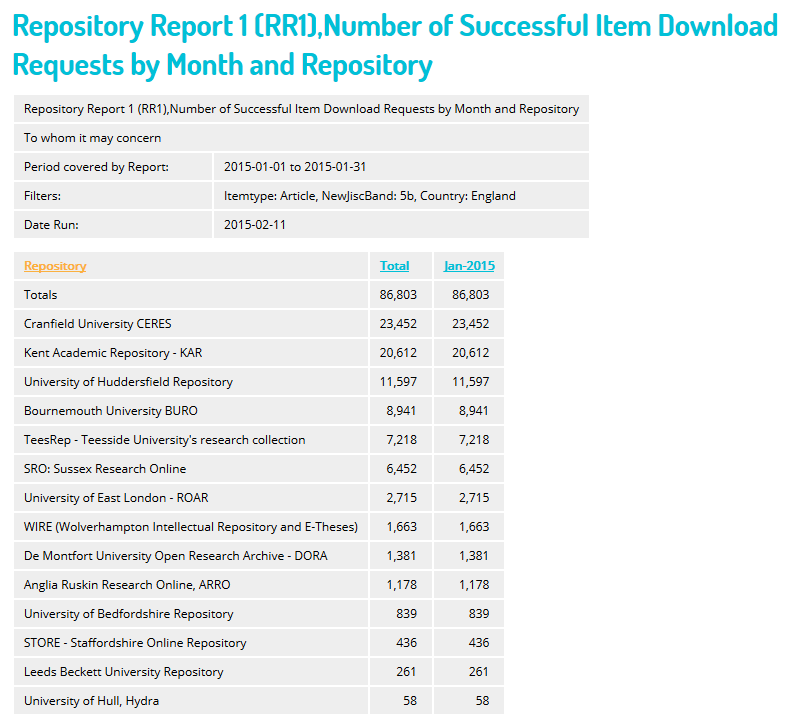
The table below is for January 2015 downloads for all item types in BURO
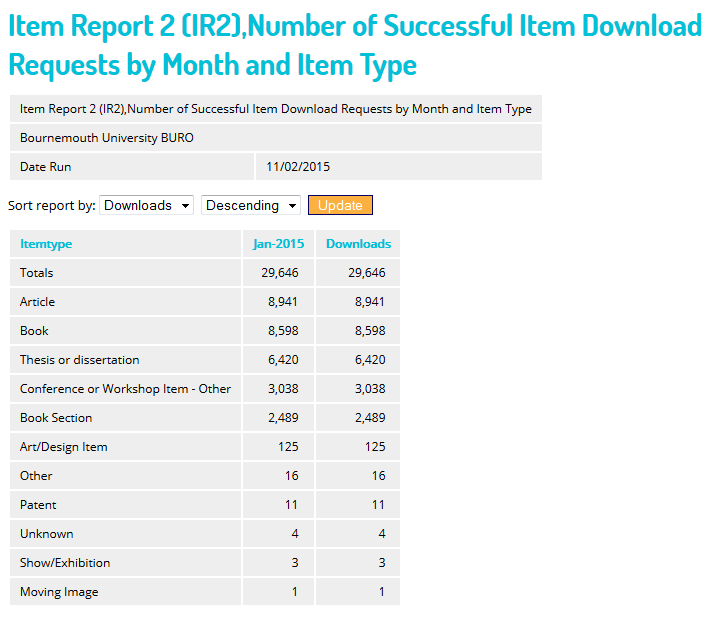
The most downloaded peer reviewed article in January 2015 was:
Hough, B. and Spowart-Taylor, A., 2001. The Doctrine of Consideration: Dead or Alive in English Employment Contracts? Journal of Contract Law, 17 (3), pp. 193-211. = 346 downloads
Most downloaded thesis in January 2015
Franklin, I., 2009. Folkways and airwaves: oral history, community and vernacular radio. Doctorate Thesis (Doctorate). Bournemouth University. = 522 downloads
Ensuring your research is open access
Please do keep adding your full-text research outputs to BURO via BRIAN, both green and gold. To be eligible for submission to the next REF exercise all journal papers and conference proceedings will have to be made freely available in an institutional or subject repository (such as BURO) upon acceptance (subject to publisher’s embargo periods). See the blog post here on how to add outputs to BRIAN.
Any queries please contact the BURO team: BURO@bournemouth.ac.uk
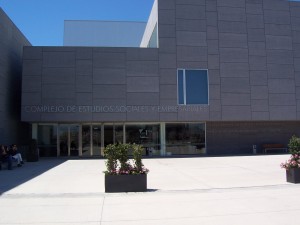





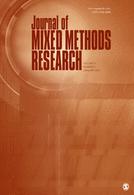
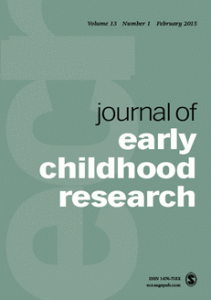
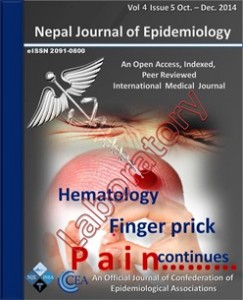












 Upcoming opportunities for PGRs – collaborate externally
Upcoming opportunities for PGRs – collaborate externally BU involved in new MRF dissemination grant
BU involved in new MRF dissemination grant New COVID-19 publication
New COVID-19 publication MSCA Postdoctoral Fellowships 2024
MSCA Postdoctoral Fellowships 2024 Horizon Europe News – December 2023
Horizon Europe News – December 2023